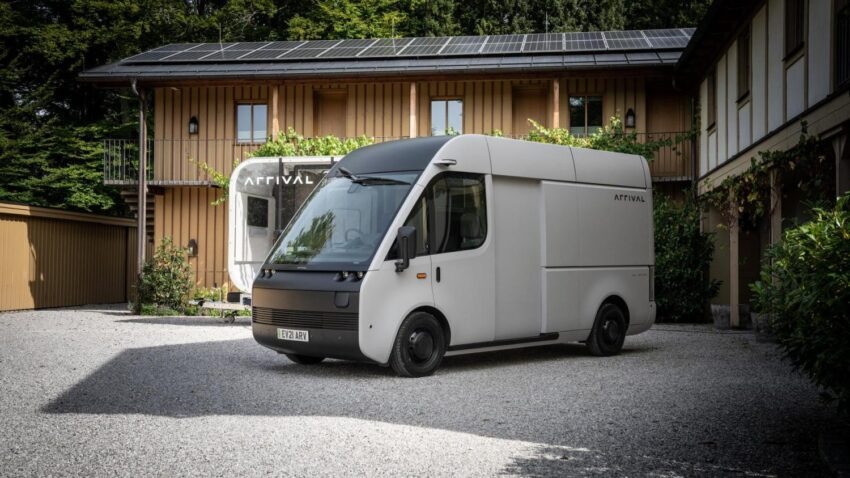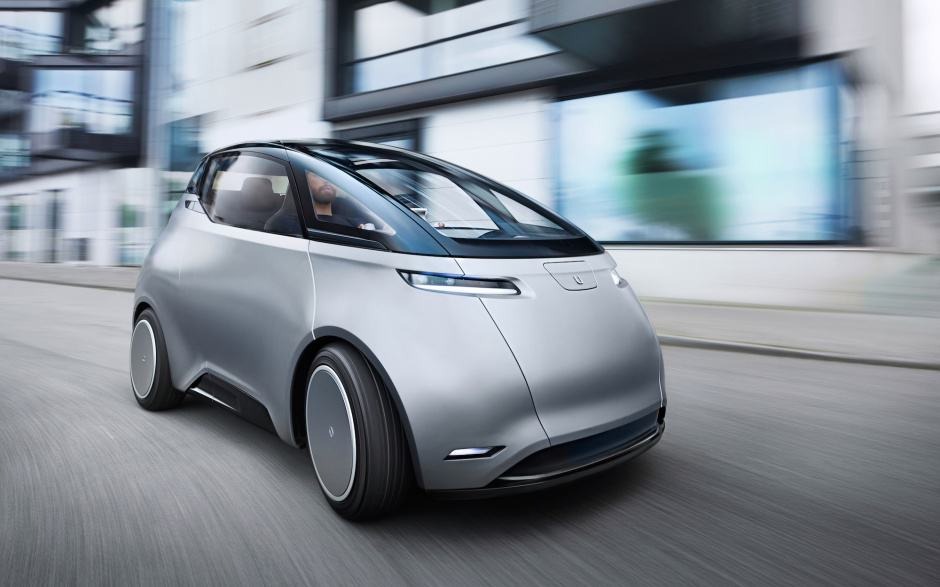Arrival, UK EV maker, faces administration, risking 170 jobs.

The New York-listed firm, once assessed at $15 billion, encountered difficulties in introducing its inaugural electric van.
British electric vehicle manufacturer Arrival has gone into administration, jeopardizing 170 jobs, a stark turn just three years after its valuation surpassed $15 billion.
With two manufacturing facilities in Oxfordshire, the firm has enlisted consulting firm EY as administrators after facing challenges in introducing its first electric van.
A week after trading in the company was halted on the Nasdaq stock exchange in New York, and a notification about its removal from the exchange was submitted, the decision to enter administration was made. Nasdaq stated that Arrival had not adhered to its listing standards due to the failure to submit accounts for 2022.
The administrators from EY mentioned that Arrival’s financial stability had been adversely affected by challenging market and macroeconomic conditions, leading to delays in bringing the group’s products to market.
They further stated, “The joint administrators are currently examining possibilities for the sale of the business and assets of the companies. This includes electric vehicle platforms, software, intellectual property, and R&D assets, with the aim of benefiting creditors.”
Established in West London in 2014, Arrival was founded by Denis Sverdlov, a Russian telecoms billionaire who relinquished his role in late 2022. Sverdlov had previously sold the telecoms company and mobile phone manufacturer Yota in 2013.
Currently employing 400 personnel, Arrival has 172 staff in the UK directly impacted by the administration.

In a recent development, Arrival laid off 39 staff and has encountered challenges in managing costs, according to the Financial Times.
Upon its stock market debut in 2021, the company secured a $660 million cash infusion and reached a valuation exceeding $15 billion at its peak on the Nasdaq.
Upon listing, the company initially intended to concentrate on vans and buses before potentially expanding into smaller passenger vehicles. Initially targeting taxis, there was also consideration for producing cars for consumers.
Arrival’s downfall contributes to Britain’s varied recent experiences in the electric vehicle market. Last year, Britishvolt, an electric vehicle battery manufacturer, went into administration due to difficulties in securing investments. Nevertheless, Tata, the owner of Jaguar Land Rover, committed to a £4 billion investment to establish a battery gigafactory in Somerset.


